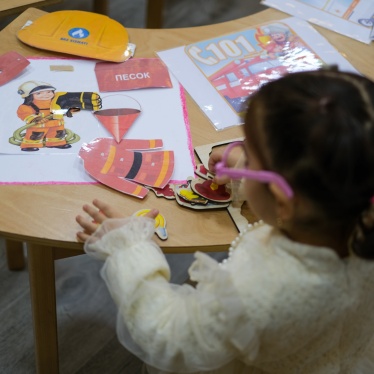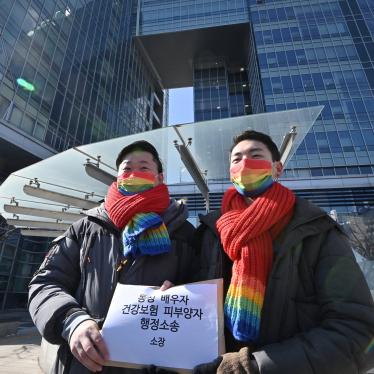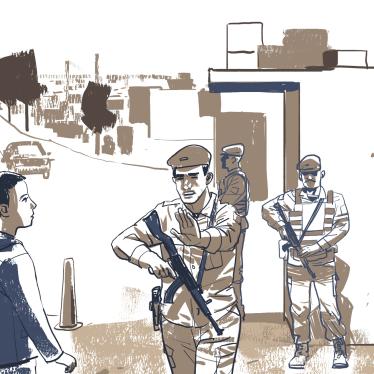Human Rights Watch called on the United Nations Commission on Human Rights to vote on difficult issues rather than always striving to reach "consensus."
The organization made the appeal as the Commission prepared to examine draft resolutions on abuses in specific countries beginning Tuesday. In a letter to Commission members, the group noted that the "consensus" rule "gives any government license to block action—a universal veto power."
Human Rights Watch noted that while in 1987, nearly half (47 percent) of all resolutions adopted by the Commission were voted upon, in 1999 the number had dropped to 29 percent.
"It's no surprise that the countries pushing for 'consensus' are those whose records are under scrutiny," said Joanna Weschler, U.N. representative of Human Rights Watch. "The result is that resolutions are often actually negotiated with the offending government itself, or its allies."
Last year, for instance, the Sudanese ambassador openly praised the European Union for its "concerted efforts" to resolve "most differences of opinion" in the feeble resolution adopted by consensus regarding his government's practices. In the period since, deliberate government bombings of civilians, hospitals, and relief centers have increased.
"Some governments, including several Western ones, seem to consider consensus a value in and of itself," said Weschler. "In other words, gaining consensus, rather than responding to atrocities, has become the principal goal of their activities at the Commission





